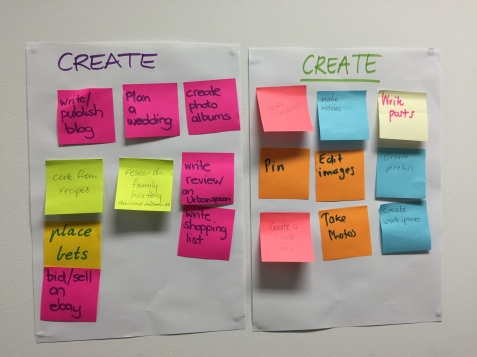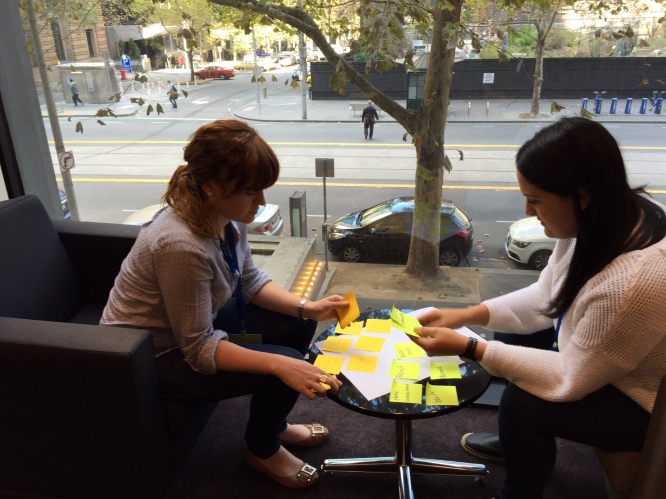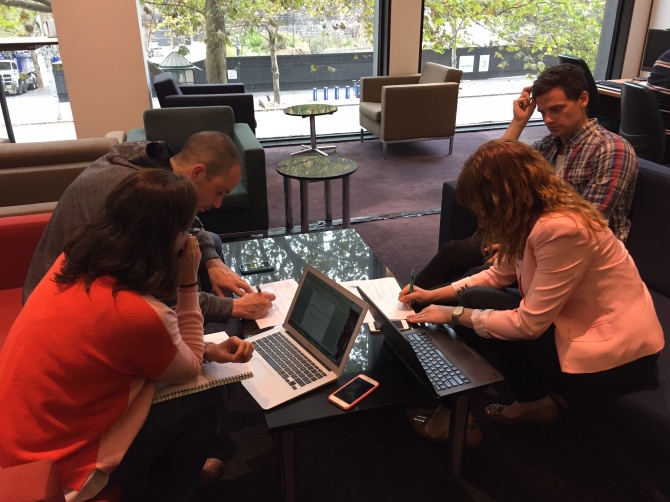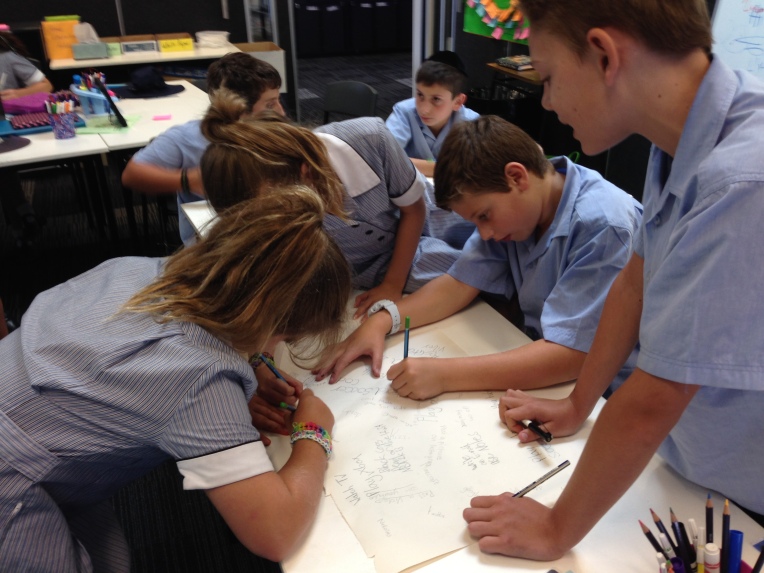Guest post by Michael Stafford, newly active digital citizen…
Becoming a true digital citizen was quite nerve-racking. After a workshop focusing on Digitial Citizenship, I was inspired to change the way I interact through digital media.
After a quick self-reflection it was obvious that I fell under the label of ‘consumer’. I consumed goods through the platform of Ebay, I consumed professional resources through a range of teacher websites and I consumed a range of useless facts and irrelevant updates about people I hadn’t seen since I was twelve through Facebook. I wasn’t creating anything for others and there was nothing I could consider meaningful interaction. I guess I was ready for things to change.
Here is where I’d like to introduce my vehicle to becoming a true digital citizen – Twitter. This is where the first date similarities flood in. I was entering an arena where I did not know much at all. The layout, etiquette, basic functionality, hashtags, little @ symbols….. how on earth did this work? As far as I could tell everyone was an expert already except for me. I wanted to get involved but for some reason was strangely nervous. Self-doubt crept it’s way into my mind. What if I did a bad tweet? Would I come across as an idiot? Would they like me? How would I sound professional in my bio without sounding like I was big noting myself?
After asking the Twitter world a few questions and getting quick and informative answers, I could see the benefit of it all. First date going well…. not sure what I was so scared about. However, one of my questions threw me right in the old deep end. “Would anyone be willing to help out my class with their learning?”. Within a day I had attention from India, South Africa, China, Singapore and just up the highway in Melbourne. They were all keen to connect through Skype. This digital relationship was about to go to the next level. Besides the sweating, increased heart rate and mental over-preparedness, the first Skype call actually went really well.
The students’ learning has been amplified through rich, authentic and meaningful connections and we now have peers that we can reconnect with in the future. I am now extraordinarily excited to see what else comes out of it.
It all came down to risk vs. reward really. Risk a bunch of little ego related worries and the reward can be huge. I’m glad I took the risk.
@mstafford1988















